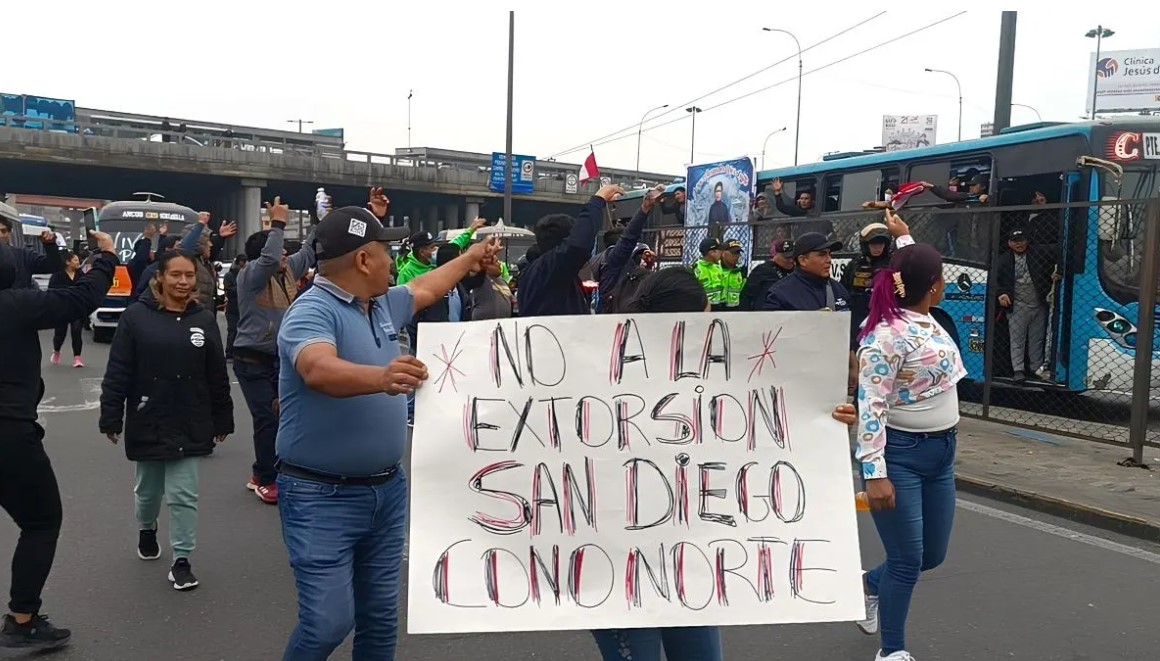It is not an isolated phenomenon. It happens in Cusco with the entrance to Machu Picchu, in Puno with citizen insecurity and in the north with illegal mining. But it also happens right here, in Lima, with the sale of land, with municipal premises and with public services. It happens in Essalud with the beds, in the State with public positions and in the warehouses with the stickers. You can see it in the streets with crime, but also with the police themselves. It happens with bidding and sales, with advertising and distribution and even with media space. It happens in ministries and in social programs. And it also happens in Congress, of course. What is the ‘mochasueldo’ if not a quota collector?
We live in a cupocracy, which is not new. There have always been bribes, percentages, ‘love’ and ‘wings’, as a former Minister of Defense would say. The news is that, for some time now, the collection of quotas has overflowed, especially since the pandemic and the subsequent Government of Pedro Castillo. The logic is economic: the greater the economic crisis, the more palatable the public coffers are. After all, the State never goes bankrupt.
And, if the problem is economic, the solution is also ultimately economic. The excessive collection of quotas has made the drivers’ business unsustainable, and that explains the strike of transporters. At the same time, the opportunity cost of the criminal is too low in Boluarte’s time, thanks to the inefficient work of the Minister of the Interior.
Finally, the non-existent mass public transportation and the informality of local transportation are also economic factors that influence the final result. If it were not profitable, it simply would not exist.
RECOMMENDED VIDEO


















